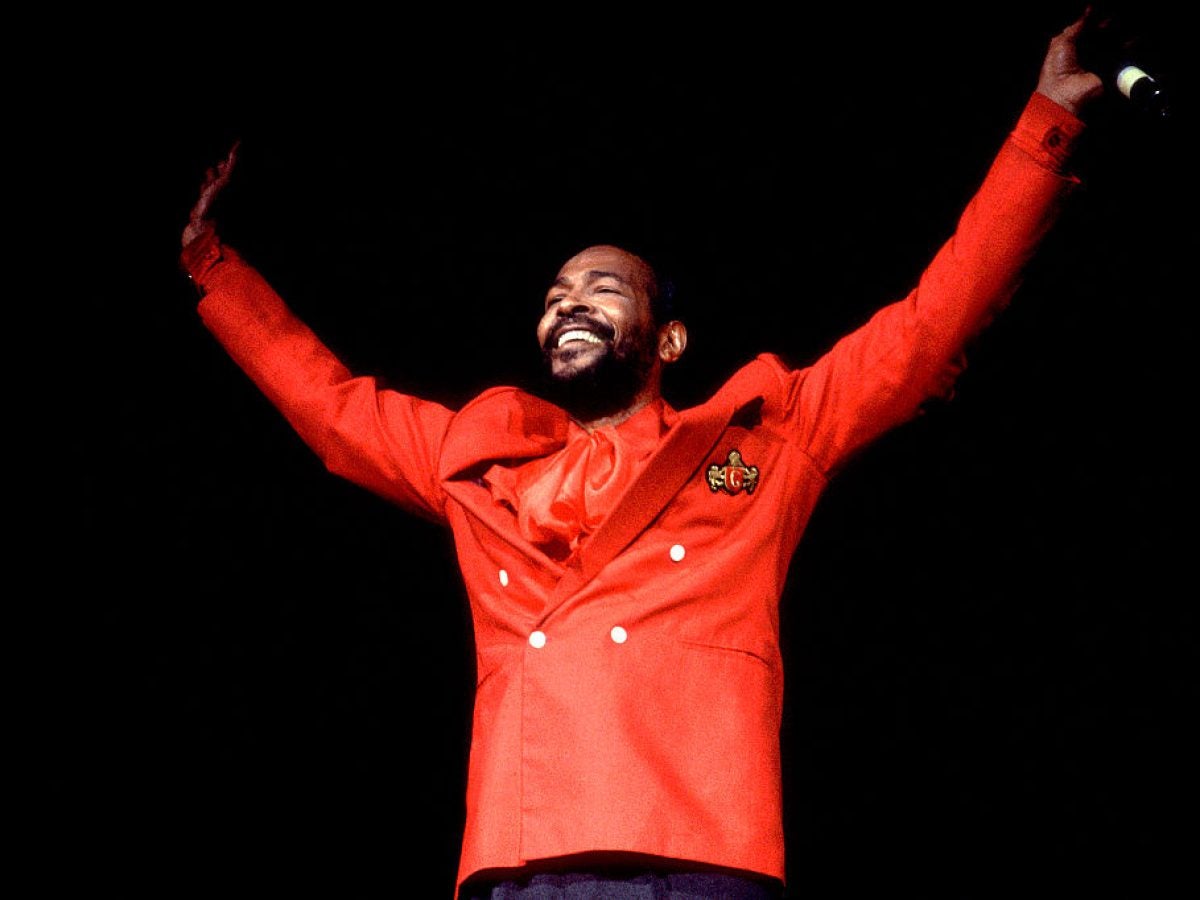
Black music is American music.
We generally understand this fact to be true—after all, Black people are innovators of sound and music—creating genres, like jazz, blues and hip-hop, which have influenced culture in our nation and the world. And while we often celebrate the artistry and ingenuity of Black music (which is absolutely worthy of the praise), much less frequently do we discuss the muscle behind the music. The business of music.
Historically, record labels have been instrumental in an artists’ success. To be frank, the labels are companies that sell their artists. At one point they were kingmakers. With the right amount of talent, labels could create celebrities overnight. The role of these companies has changed much as streaming is more and more prevalent. But, record labels still provide value to the artist and thus maintain their relevance in the industry.
During a time when white record labels would sign few, if any, Black artists, Black musical empires (the first emerging in the 1920s) highlighted Black talent—they provided Black artists with a platform. Black record labels bolstered the careers of Black musicians, but there were certainly times when they took advantage of their artists, too.
It’s Black Music Month, and ESSENCE we’re going to explore a handful of historic Black-owned record labels, the respective moguls behind them and their fate. Afterall, before there was Badboy or Roc-A-Fella Records, there was Swan Records.
Black Swan Records
With its slogan stating, “The Only Records Using Exclusively Negro Voices and Musicians,” Black Swan Records was the first Black-owned record label in the United States.
Founded in 1921 by Harry H. Pace, a Black entrepreneur, attorney and activist; the founder’s story remains largely unknown. According to NPR, Pace’s mentor was W.E.B. DuBois, and upon graduation from college “Helped form the Atlanta chapter of the NAACP and served as its first president.”
Pace and his business partner, W.C. Handy moved to New York City, launching a company that published sheet music by Black artists. It was called Pace & Handy Music Co. Years later Harry Pace would go on to launch Black Swan Records. The label’s first ‘breakout’ record was “Down Home Blues,” by Ethel Waters, released in 1921. Quite notably, Pace also produced the first recording of “Lift Every Voice and Sing,” in 1923. The founder wanted to use his label as an opportunity to defy what the world understood about Black music, recording Broadway tunes and classical composers, as well.
Black Swan was only in existence for three years, but its story is still fascinating, nonetheless.
Motown Records
Motown Records is one of the best-known and highly regarded Black record labels in the United States.
Established by music mogul Berry Gordy in 1959 (Gordy first founded Tamla Records in January 1959, and would add the Motown label to his repertoire later that year), Motown Records is single handedly responsible for defining the sound of an era. If Black artists wanted to make it big during the 1960s and 1970s, then they had to go through Berry Gordy (though there was the rare exception to this rule, including Jimi Hendrix and Sly and the Family Stone). And Berry put the artists to work– in the studio and on tour. When the artists weren’t recording, they were likely in a finishing school, led by Maxine Powell, owner of the Maxine Powell Finishing and Modeling School. Gordy wanted his artists to have “mass appeal” (read: he wanted them to be more refined) and his tactics worked, as reflected in his record sales.
Motown is the label responsible for iconic Black songs, like “My Girl” by the Temptations, “What’s Going On” by Marvin Gaye and “I Want You Back” by the Jackson Five. Though Gordy sold Motown Records to the Music Corporation of America (MCA) in 1988 for $61 million, the label has forever changed the music industry.
If you’re not familiar with the term, “Hitsville U.S.A.,” then you don’t truly know Black music.
Sussex Records
Sussex Records was the brainchild of music executive Clarence Alexander Avant, who got his start in the industry managing artists. Founded in 1969 the record label was home to artists like Bill Withers, who sang the chart-topping hit, “Lean on Me.” Unfortunately, the company folded in 1975. Though Sussex records went under, Avant later launched one of the first Black-owned radio stations in the Los Angeles area (which also went under in the 1970s). The exec also founded Tabu Records in 1975, working with artists such as Jimmy Jam and Terry Lewis.
Notably, Avant was also the subject of a 2019 Netflix documentary called “The Black Godfather.”